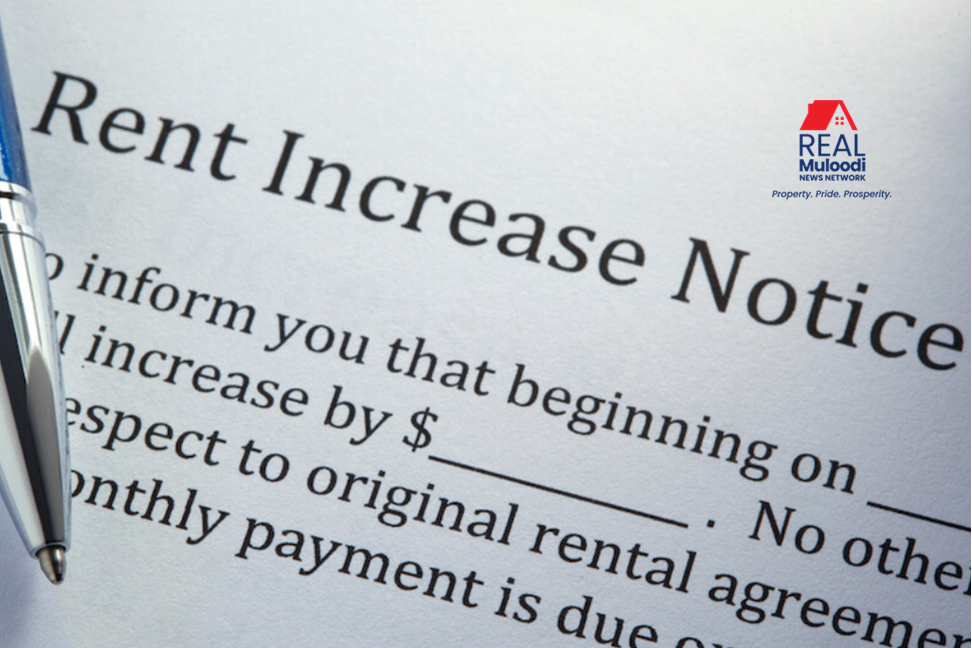UGANDA, Kampala | Real Muloodi News | Angela Letaru experienced a significant rent increase when her landlord raised the cost from UGX 750,000 to UGX 1.2 million at the end of 2023.
Letaru had been living in the three-bedroom bungalow for nine months before the increase, which she had chosen because of its proximity to her son’s school.
Her landlord attributed the hike in rental prices to a sharp appreciation in property value due to a newly constructed tarmac road in the area.
Letaru, unable to afford the new price, left the property without realising her rights as a tenant or the protections provided by law.
Landlord and Tenant Act, 2022
The Landlord and Tenant Act, of 2022, prohibits landlords from increasing rent at intervals of less than 12 months and limits rent increases to a maximum of 10% annually unless otherwise prescribed by the minister.
The law also protects tenants by allowing them to negotiate with landlords regarding rent increases.
Tenancy Agreement
According to commercial property manager Cissy Namaganda, having a tenancy agreement with specific terms can help tenants avoid abrupt interruptions and increase predictability.
A tenancy agreement is a contract specifying the terms and conditions of the rental relationship between the landlord and tenant.
Rent Increases and Notification
Landlords must provide tenants with at least 60 days written notice before implementing any increase in housing costs. If a tenant does not object to the proposed increase, it is deemed accepted.
Namaganda emphasises that tenants have the right to negotiate or object to proposed rent hikes.
Limit on Rent in Advance
The Landlord and Tenant Act restricts landlords from requiring rent payments more than three months in advance for tenancies longer than one month.
However, exceptions can be made if both parties agree on longer advance payments.
Security Deposit
The Act allows landlords to require a security deposit to secure tenant obligations under the tenancy. However, landlords must specify in writing the terms and conditions for withholding the deposit upon termination of the tenancy. The Act also limits security deposits to no more than one month of rent.
Protections for Tenants and Landlords
Section two of Article 30 of the Act bars landlords from requesting more than one security deposit. Article 29 protects landlords from defaulting tenants, allowing them to apply to a court to recover rent owed and to re-enter the premises if rent defaults continue for over 30 days.
These legal provisions offer protections for both tenants and landlords, ensuring fair treatment and clear guidelines for rental agreements.
READ MORE LIKE THIS:



